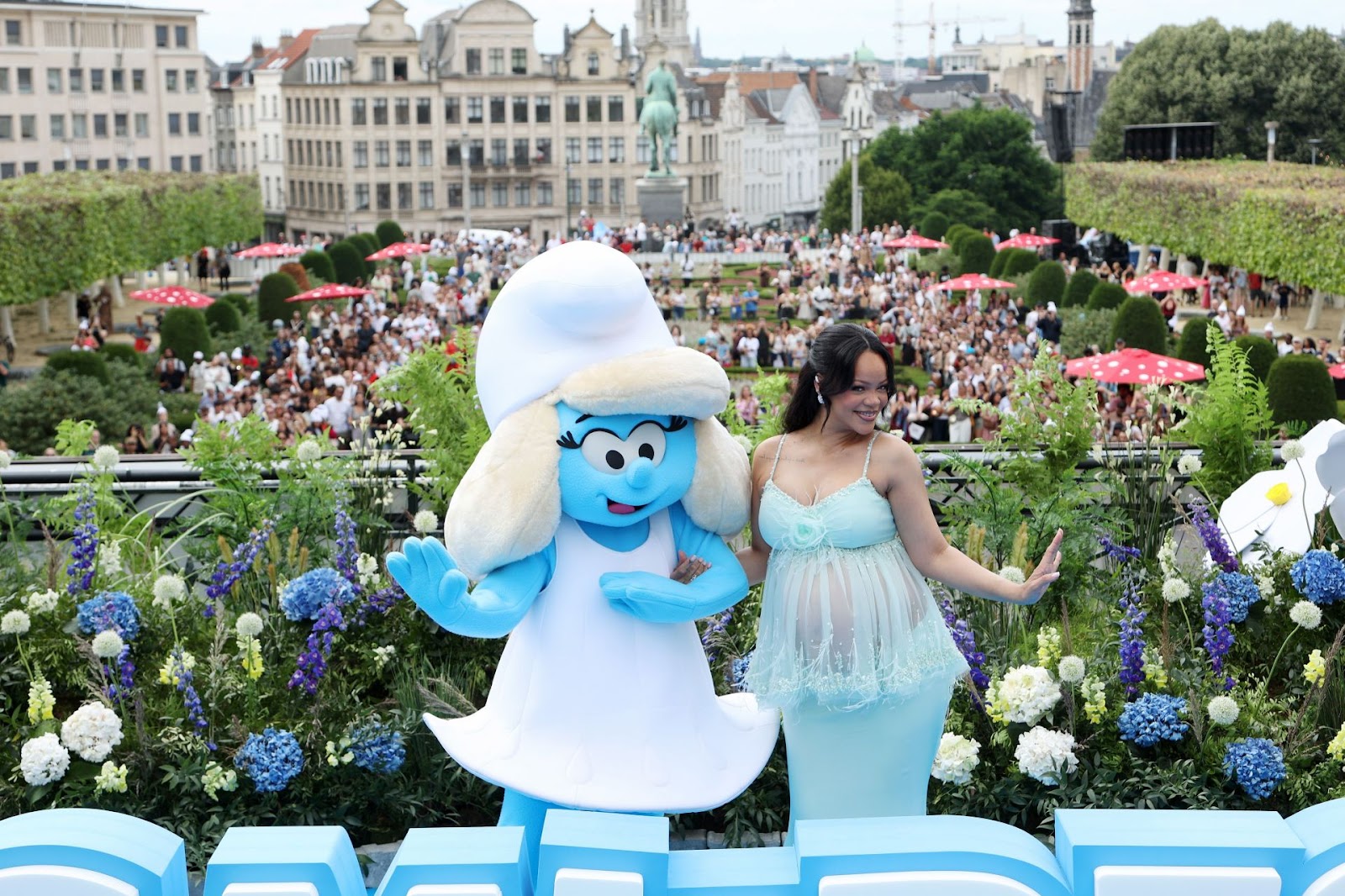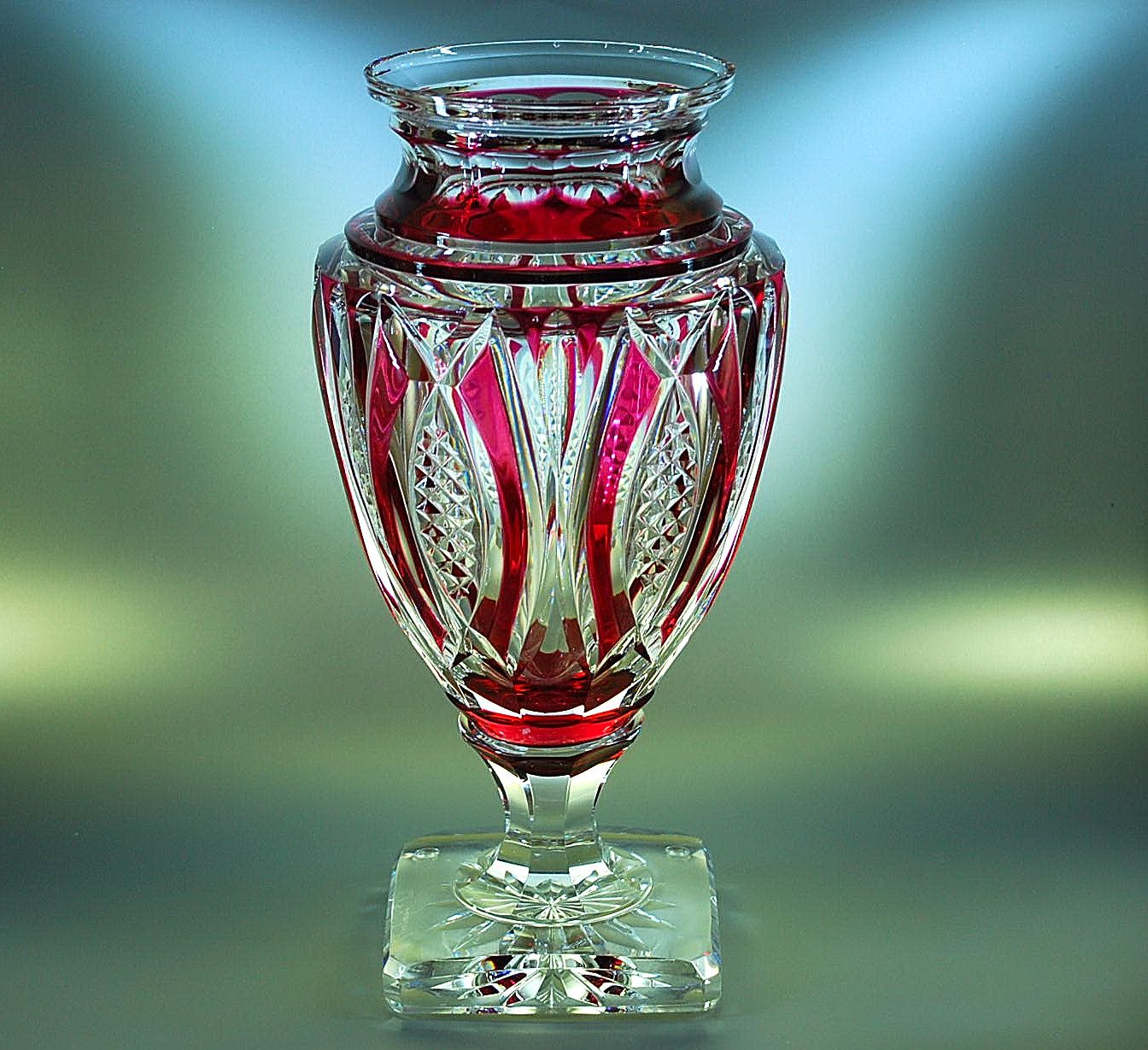On the ladies side, you might not know Emma Meeseman, Julie van Loo or Julie Allemand, but you will probably be familiar with Ajay Mitchell. Mitchell plays for the Thunder and won the NBA championships with his team. The other well-known player is Toumani Camara, who plays for the Trailblazers. More importantly, Belgium has been losing its players to college teams.
Belgium and the Netherlands do not have a system like the US. There is no high school basketball and no college basketball. Players who are good are scouted at a young age and may join the youth training of a national team (like Oostende or Antwerp Giants). But more recently players have been scouted and recruited by college teams in the US. This gives the players a better opportunity and training. They get more playing time and more opportunity to break through into the NBA.
Players like Retin Obasohan, who played for Alabama, or Manu Lecomte, who found a home in Texas, are able to earn money, get an education and build on a career in basketball all at the same time. Stephan Dibongue Swenson replaced Ajay Mitchell at point guard for UC Santa Barbara. Some players have played under coach Brian Lynch, who happens to be the husband of Belgian tennis star of old, Kim Clijsters. As a meter of fact, Clijster's daughter Jada is now playing for the young Belgian national team.
Basketball seems to have become quite the national sport in Belgium. They also have a good 3x3 team, although it is the Dutch 3x3 team that has won all of the championships and medals in recent years. So the next time you are watching your favorite basketball team, whether during March Madness or the NBA, WNBA or Olympics, pay attention to the Belgian names (which do not always look very Belgian).




















